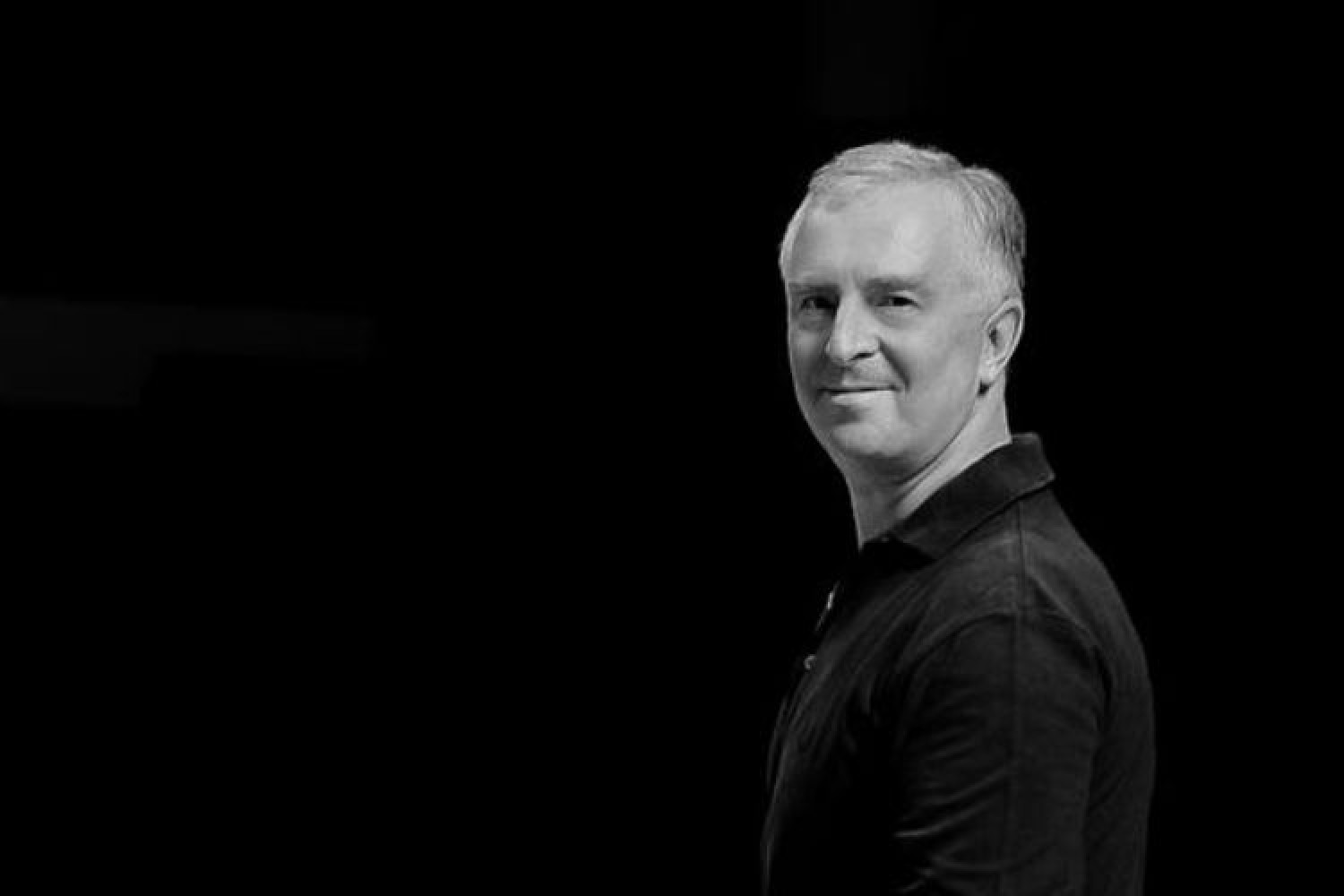
A conversation about the conductor, the orchestra, the audience, with Giancarlo Andretta, already my teacher and internationally recognized conductor. At the invitation of the Fondazione Cassamarca, on 20 January at 18:00 in the conference room of the Casa dei Carraresi, in Treviso, we will share reasoning, anecdotes and direct experiences on the three elements that make up the concert event, in the perspective of those who stand on the podium.
Charisma: what will this dowry ever be, the first term approached to the figure of the conductor in the common imagination? Inborn gift or the result of hard work, on books, scores, on the piano and on oneself? And how to reconcile a profession that requires discipline, slowness and depth with a time in which speed, superficiality and ease seem to prevail?
Then there is the orchestra, now of experienced professionals but maybe tired of repeating the same music for years, now of brilliant but still inexperienced young people. The orchestra is a world in which the different voices must be balanced and harmonized, as in society. The orchestra is a company to be run and produced, which can be a source of wealth for a territory, not just a cost item. The orchestra is an ocean liner, to be operated without the possibility of error or repetition, because it is live in front of an audience.
And in fact, finally – or perhaps primarily – there is the concert audience. Indeed, perhaps there is no audience at the concerts. The worldwide epidemic has put a strain on attendance at theater shows, for various reasons. But, like any crisis, it could also be an opportunity for growth, for reflection. The public, fashions and social media should not be the arbiter of the quality of performances and programming, but the listener should always leave a show enthusiastic.
These and other themes, in a very free and not too technical conversation.


